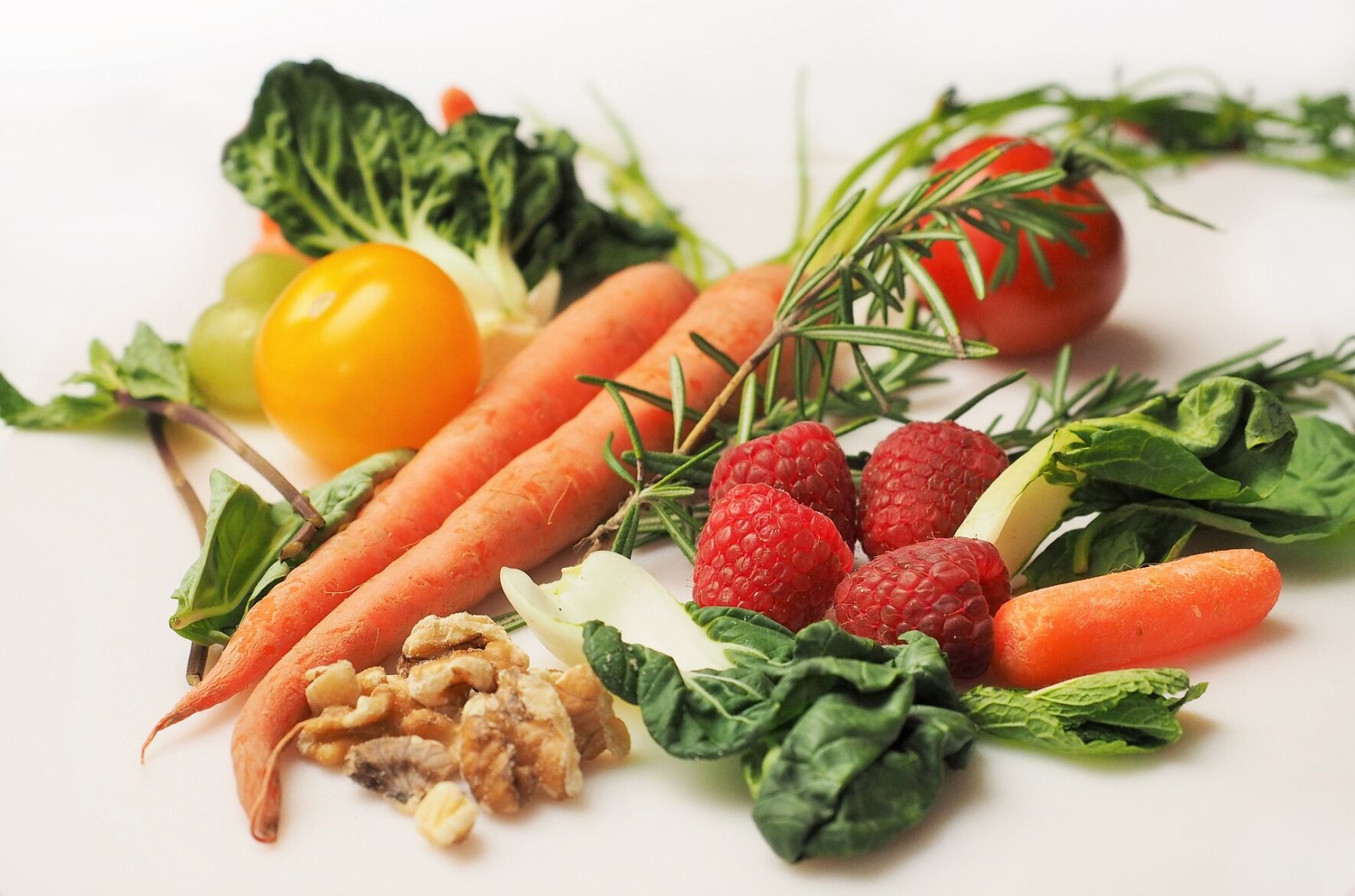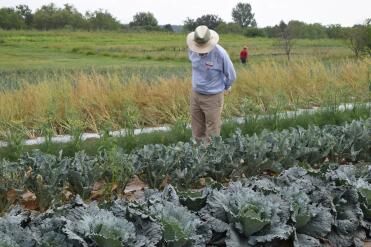The Kansas Department of Agriculture was awarded $780,776 through the Specialty Crop Block Grant Program in 2022. Funds for the program were presented by the U.S. Department of Agriculture – Agricultural Marketing Service. The purpose of the SCBG Program is to enhance the competitiveness of specialty crops. According to the USDA, specialty crops are defined as “fruits, vegetables, tree nuts, dried fruits, horticulture and nursery crops, including floriculture.” The Kansas Department of Agriculture has selected other recipients to further utilize the funds.
The following is a list of Kansas projects that were selected to be funded by the $336,867 awarded through the 2022 Farm Bill Program:
-
Let’s Explore: $66,082 (Sedgwick County) — Children First CEO Kansas Inc. and its partners will increase knowledge and sales of specialty crops in the Sedgwick County metro area through continuing development of three education gardens and launching a media campaign.
-
Increasing Specialty Crop Access Through School and Community Gardens: $26,296 (Wyandotte and Johnson counties) — Kansas City Community Gardens will increase access to specialty crops for low-income residents and increase willingness to consume crops among low-income children by creating, expanding, and improving gardens at schools and community sites.
-
Increasing Consumer Knowledge and Consumption of Specialty Crops On-Farm in Wyandotte County: $46,690 (Wyandotte County) — The KC Farm School at Gibbs Road will increase consumer consumption and awareness of specialty crops through youth and adult educational opportunities on-farm in Wyandotte County.
-
Marketing Mastery Academy for Specialty Crop Growers: $72,076 (Statewide) — KDA will partner with a local marketing entity to facilitate a marketing training program for Kansas specialty crop growers that helps producers learn marketing practices and develop marketing plans to implement for their operations in order to increase the sale of specialty crops.
-
Generating Youth Interest in Specialty Crop Production Through Expanded Programming at Willow Lake Student Farm: $71,708 (Statewide) — Kansas State University will expand its research and educational offerings at Willow Lake Student Farm to position the farm as the premier small- to mid-scale, diversified farm research and training center in the Midwest.
-
Expanding Food Safety Training, Aggregation Capacity, and Access to Local Food in North Central Kansas $34,750 (North Central) — The Mitchell County Regional Medical Foundation and its partners will offer food safety education and training to producers, processors, institutions, and community care team members in north central Kansas.
Due to COVID-19 impacts on the food system, Congress authorized one-time additional funding for the SCBG Program outside of the traditional Farm Bill funding under the 2021 Consolidated Appropriations Act (H.R. 133 Stimulus). The following is a list of Kansas projects that were selected to be funded by the $449,908 through the H.R. 133 Stimulus Program:
-
Fresh Food Matters: $66,280 (Sedgwick County) — Children First CEO Kansas and its partners will increase knowledge of specialty crops to low-income, mostly minority students, their families, and neighbors through educational programs in three low-income neighborhoods located in Sedgwick County.
-
Kansas’ First American Viticultural Area Petition Project: $31,196 (Northeast) — The Kansas Viticulture and Farm Winery Association aims to increase competitiveness and sales of specialty crop businesses that support the wine industry in northeast Kansas by conducting research and submitting a petition to U.S. Department of the Treasury’s Alcohol and Tobacco Tax and Trade Bureau to create an American Viticultural Area.
-
Helping Kansas Farmers Fill Students’ Food Plates with Fruits and Vegetables: $51,172 (Statewide) — The Kansas Rural Center will work with partners to create a comprehensive and accessible resource hub for all specialty crop stakeholders interested in Farm to School statewide.
-
Building Networking: Grower Connectivity Toward Meeting Evolving Market Opportunities: $37,755 (Statewide) — The Kansas Specialty Crop Growers Association will develop an online networking platform for Kansas growers to augment efforts to address current food access, availability, and supply concerns.
-
Exploring Cowpea Production for Western Kansas: $33,793 (Western) — K-State will establish baseline recommendations for cowpea production by evaluating a wide range of genetics for adaptability to western Kansas and exploring the basic bounds of production practices as it specifically relates to inoculation, seeding rates, and planting dates.
-
Enhancing Specialty Crop Farmer Competitiveness Statewide Through Online Education and Mentorship: $54,194 (Statewide) — K-State Research and Extension (KSRE) will lead a collaborative group of specialty crop growers, educators, and not-for-profit farms through an established network surrounding the Growing Growers Kansas City Program by developing an online course to train beginning and socially disadvantaged specialty crop farmers.
-
Evaluating Electrostatic Spraying to Improve Food Contact Surface Disinfection and Produce Safety and Quality: $66,705 (Statewide) — KSRE will evaluate the efficacy of electrostatic spraying technology for disinfection of food contact surfaces and for postharvest treatment of produce.
-
Controlling the Growth of Foodborne Pathogens in Soil-Substitute Microgreen Production Systems: $56,679 (Statewide) — K-State will evaluate the use of titanium dioxide as a disinfection step to reduce the risk of foodborne pathogens contamination during microgreen production.
-
Increasing Prairieland Market Off-Season Specialty Crop Value-Added Products: $39,243 (Saline County) — Prairieland Market will expand its programs to offer value-added specialty crop products in the off-season by teaching its volunteers and the public how to preserve and prolong the freshness of local specialty crops for year-round use.
For more information, visit KDA’s Specialty Crop Block Grant page at the KDA website: agriculture.ks.gov/SpecialtyCropBlockGrant.




